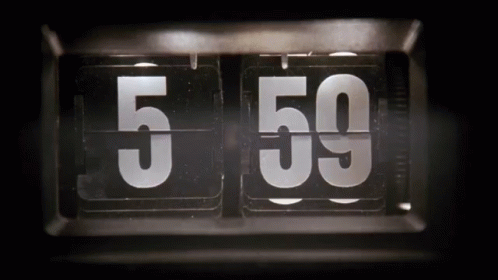Stephen Johnson
Managing Editor, Big Think
Stephen Johnson is the Managing Editor of Big Think. Formerly a long-time contributor to Big Think, he is a St. Louis-based writer and editor whose work has been featured in U.S. News & World Report, PBS Digital Studios, Eleven Magazine, and The Missourian.

The Alzheimer’s Association says its new analysis and surveys “should sound an alarm regarding the future of dementia care in America.”
With lizard-like eyes and sharp teeth, this strange creature was likely smaller than your thumb.
About 97.5 percent of people who develop symptoms will do so within 11.5 days, according to the new study.
Stock markets may be plummeting, but that doesn’t mean the spread of COVID-19 is hurting everyone’s bottom line.
From travel restrictions to forced isolation, the new coronavirus brings psychological threats, too.
Here’s what scientists know about how the virus spreads, and how to avoid contracting it.
It’s the first time scientists have discovered an animal that doesn’t perform aerobic respiration.
From gun control to immigration, Americans remain split on a handful of contentious issues.
Methane is 80 times more effective than carbon dioxide at trapping heat in the atmosphere.
From understanding human aggression to epigenetics, Stanford University offers all 25 lessons of this fascinating course for free on YouTube.
A recent study on monkeys found that stimulating a certain part of the forebrain wakes monkeys from anesthesia.
The CDC estimates that more than 210,000 people in the U.S. have been hospitalized by the flu this season.
The White House is reportedly considering an executive order that would open up public access to scientific research.
It’s the first American news channel to focus on African-American experiences.
The spacecraft is set to come closer to the star than any other Sun-facing camera before it.
Your answer might depend on whom the quote is attributed to, according to the results of a recent study.
What leads people to believe in “chi” attacks and “no-touch” knockouts?
A new study suggests that the type of alarm clock you use might affect the severity of sleep inertia you experience.
Got $55 million lying around? If so, you might be able to score a spot aboard the International Space Station starting 2024.
The Johns Hopkins Center for Systems Science and Engineering (CSSE) created an online dashboard map that provides up-to-date data on reported cases and deaths worldwide.
The outer edges of a black hole might be “fuzzy” instead of neat and smooth.
Australia’s beloved and bizarre egg-laying mammal could start vanishing in coming years if current trends continue.
Scientists used CT scanning and 3D-printing technology to re-create the voice of Nesyamun, an ancient Egyptian priest.
The TRUTHS mission aims to collect extremely precise data on how much radiation Earth absorbs and reflects.
The 17-year-old climate activist gets a lot of criticism online. Which of those critiques hold water?
A separate study shows that binge drinkers are also ordering more rounds.
From talking about Schrödinger’s cat to nuking the South Pole, this decades-old interview shows why Kaku was born to be a science educator.
The results suggest eating too much sugar can lead to a drug-like dependence.
From ultra-realistic graphics to more intelligent A.I. characters, the 2020s will bring some mind-bending video games.
A new study shows that altering the ISS and TOR pathways in roundworms can extend lifespan by 500 percent.





























